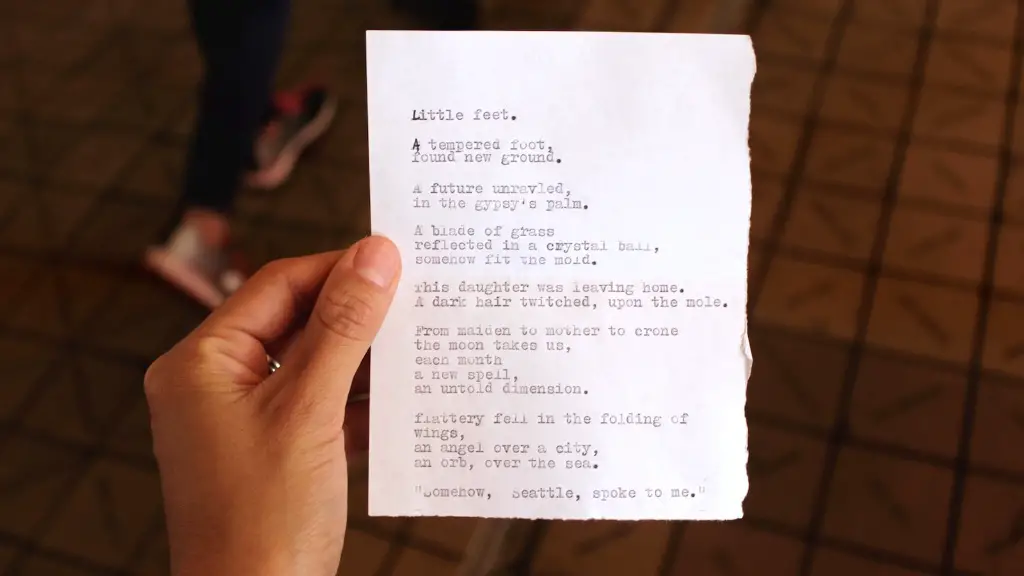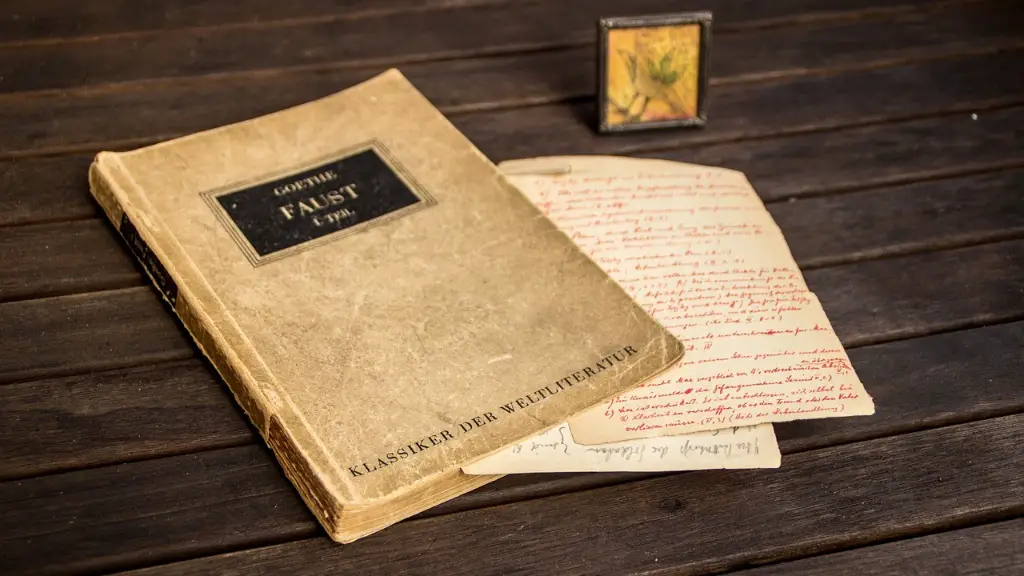Top Tips for Judging Poetry Writing Competitions
Although judging poetry writing contests can be a subjective undertaking, there are still some steps that can be taken to ensure a fair and accurate assessment of each entry. This article provides a few tips to consider while assessing the competition.
The first step in judging a poetry writing competition is to understand the mission or the scope of the competition. What is the purpose of the competition? What kinds of poems are requested? These are all important questions to consider before beginning the judging process.
Second, it is essential to read each poem closely. Ask yourself how the poem may connect to the mission of the competition. Consider the composition of the poem as well. Does it make use of a variety of poetic forms and techniques? Does the poet make use of language and imagery effectively?
Third, think about the originality of the poem. Many competitions will value originality in the entries. Consider how the poem stands out from the rest. How does it convey a unique message or perspective? As well, look for elements of craftsmanship such as a solid command of language.
Finally, take note of the mood or emotion of the poem. Is the poem uplifting or melancholic? What kind of aesthetic effect does it have? All of these qualities can be difficult to accurately assess, but they should be considered before giving out scores or rankings.
Applying a Rubric for Judging
The use of a rubric can be a useful tool for judging a poetry writing contest. A rubric is a grading system that specifies different criteria for assessing an entry. It can be tailored to a particular contest and can help ensure fairness when assessing entries.
For example, a rubric could include questions such as: Does the poem effectively evoke an emotional response? Does the poem use language and imagery effectively? Does the poem stand out from the rest? Each question should be given a point value or rank so that the judge can accurately compare each poem.
One advantage of using a rubric is that it can reduce or eliminate any potential bias. In other words, it can help ensure that the judge is looking at each poem objectively. This can help judges make an accurate and fair assessment of each entry.
Seeking Expert Help
When judging a poetry writing contest, it may be a good idea to seek input from experts. This is especially true if the judge is inexperienced or unfamiliar with the genre. A qualified expert can provide valuable insight into the quality of each poem.
For example, an expert might be asked to provide feedback on the composition of the poem, its overall structure, and the use of language and imagery. This can provide a more accurate assessment of the quality of each poem and can also help uncover any potential flaws.
Assessing Other Factors
When judging a poetry writing competition, it is important to remember that there are other factors to consider. For instance, the complexity of the topic or the difficulty of the poem can have an impact on the overall quality of the poem.
In addition, the context in which the poem was written can also be important. If a poem was written as part of a school assignment or a writing class, it may not be as impressive as a poem that was composed independently. These are all factors that can affect the assessment of a poem.
Understanding the Contest Parameters
It is also important to keep in mind that contests and competitions may have certain parameters that need to be taken into account. For instance, some competitions may require that poems be written in a specific metre or rhyme scheme. These requirements may limit the types of poems that can be considered for the competition.
As well, some competitions may require that the poems must be written in a certain amount of time or that the poem must follow a certain theme. These requirements should be taken into consideration before judging a poem.
Assesing Originality and Inspiration
Another factor to keep in mind while judging a poem is the originality and inspiration behind the poem. Entries in a competition will often be judged in part on the originality of the poem and its content. Consider the idea or concept behind the poem. Try to identify any unique or innovative ideas that may have gone into the poem’s composition.
As well, consider the amount of imagination and creativity that went into the poem. Does the poem have a unique and memorable style or message? These are all important qualities to consider when judging a poem.
Considering Relevance to Themes
When judging a poem, the relevance of the poem to the contest themes should also be taken into account. Does the poem capture the spirit or the mission of the competition? Is the poem an appropriate response to the contest topic? The answers to these questions can help in providing an accurate assessment of the poem.
As well, it is important to consider how the poem fits within the larger body of work being submitted. Are the other poems of a similar quality? Are the entries ranging in subject matter, form, and style? These factors can all have an impact on the significance and relevance of each poem.
Considering Literary Critiques
Finally, it can be helpful to consider any relevant literary criticism when evaluating a poem. Literary critiques can help provide a better understanding of the creator’s intentions and the impact of their work. Consider what renowned authors or experts have said about the poem’s quality or its relevance to the competition.
These factors can help in forming a more accurate assessment of the poem. As well, literary critiques can provide an additional level of context and perspective to the judging process.





